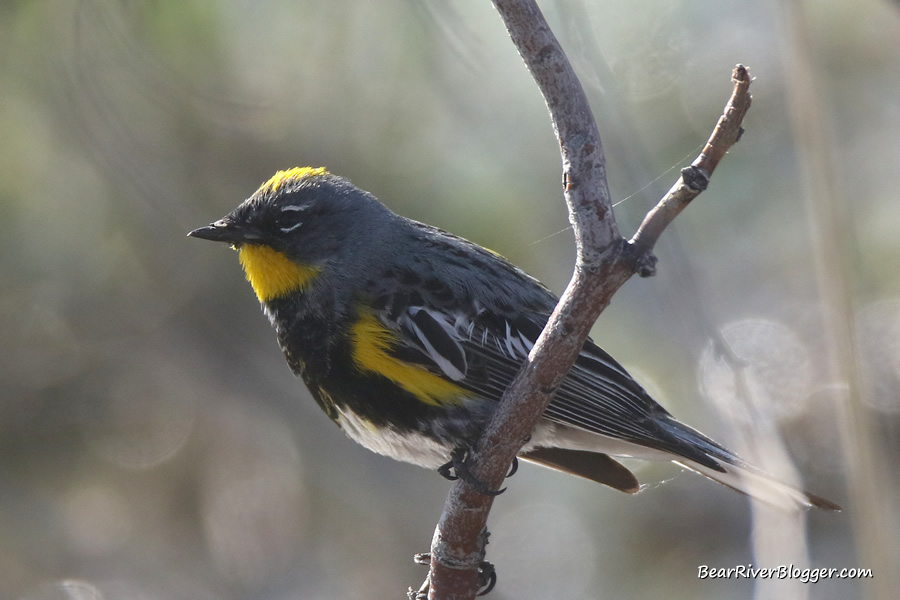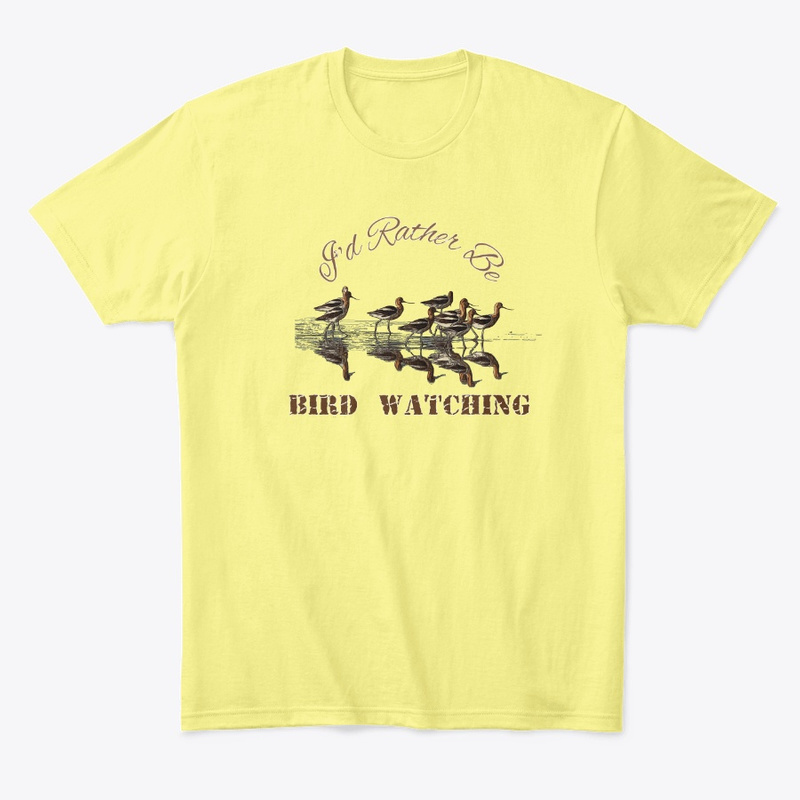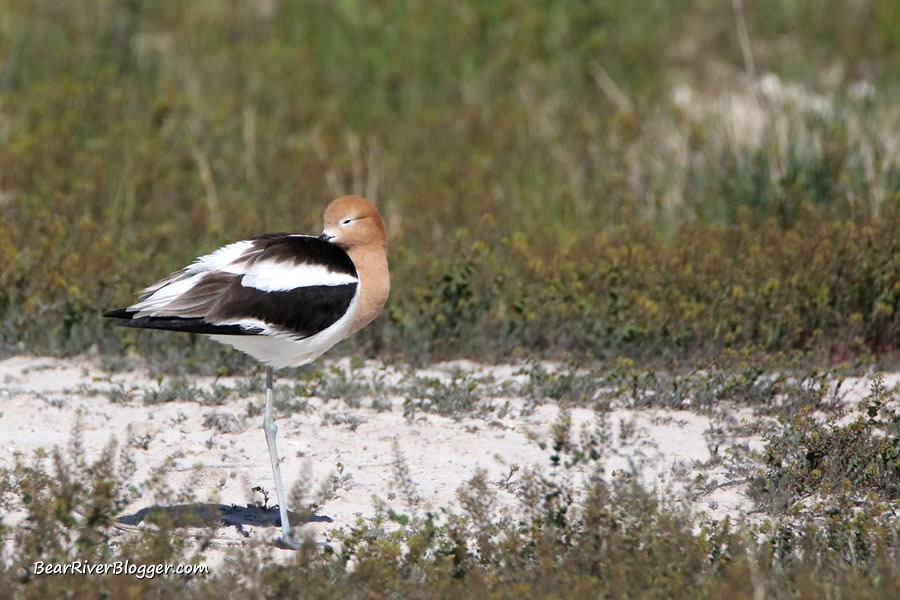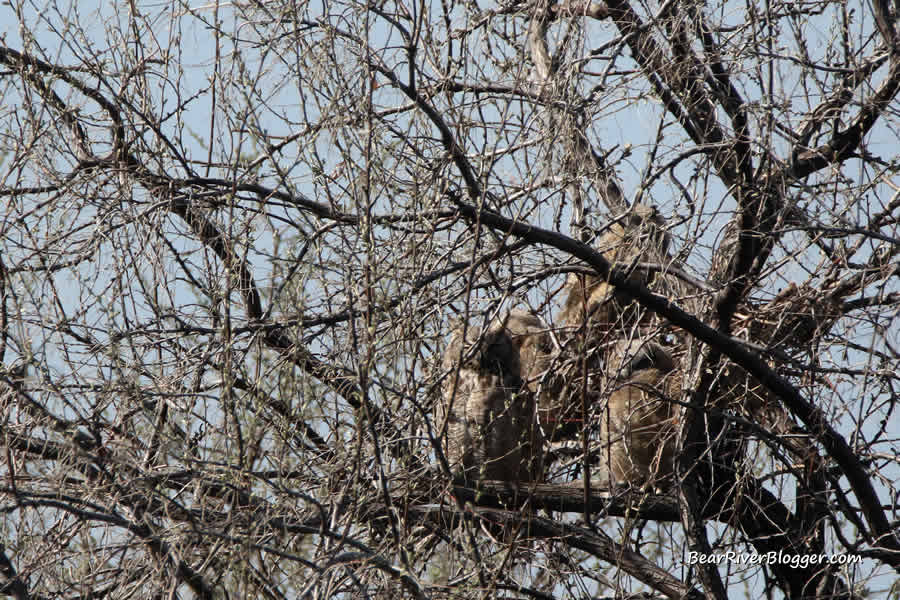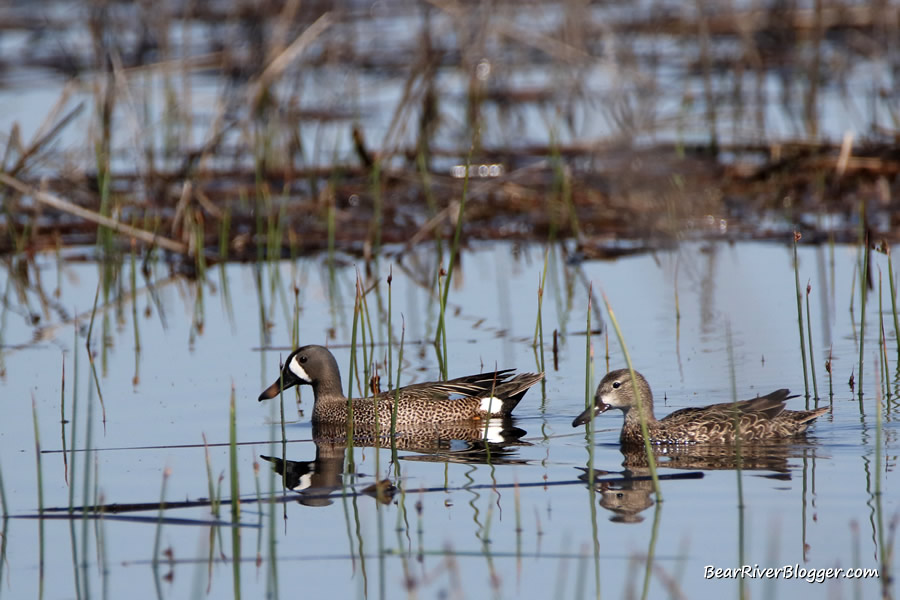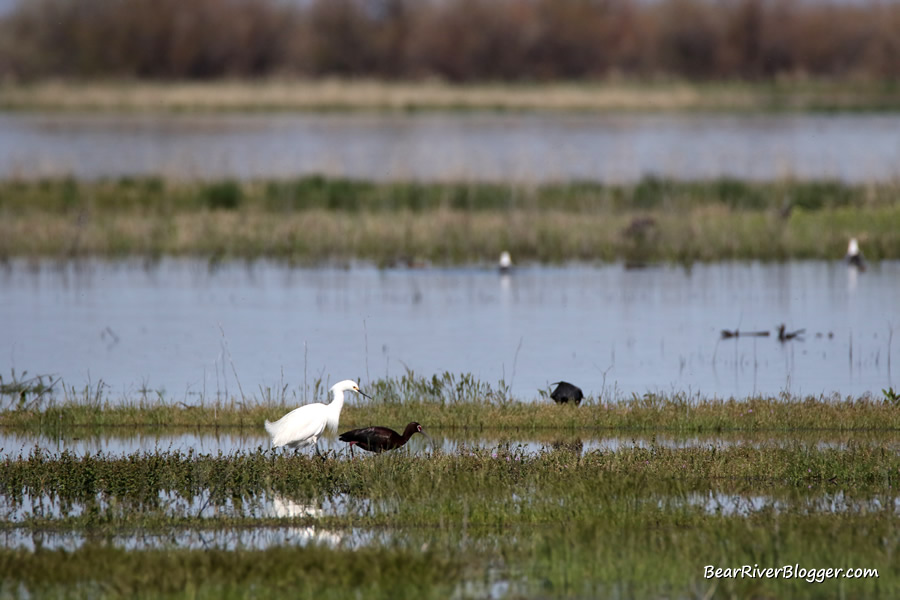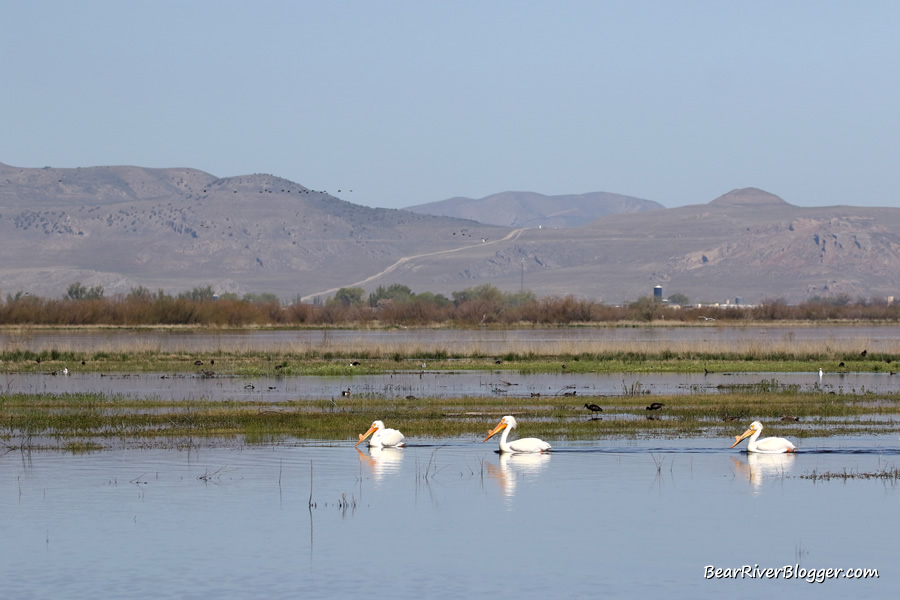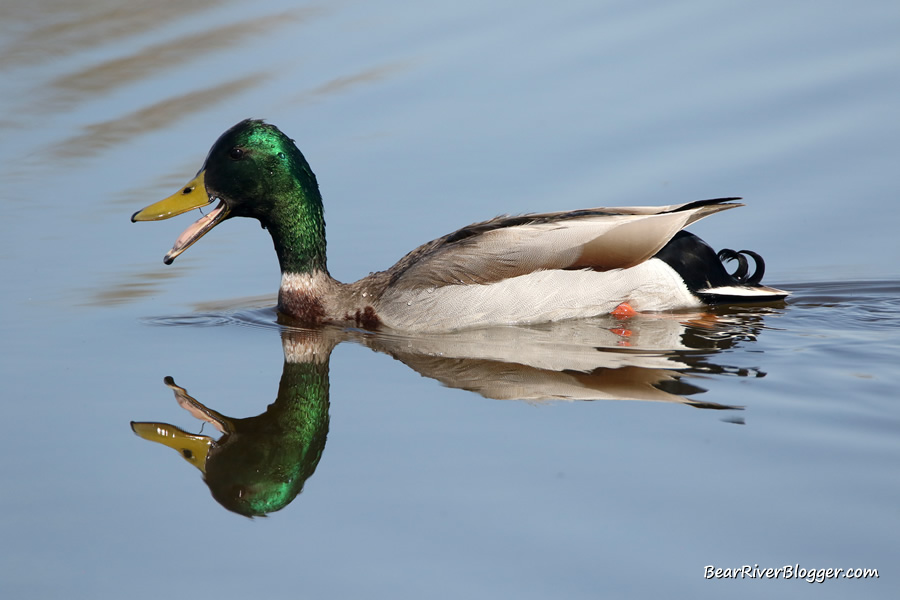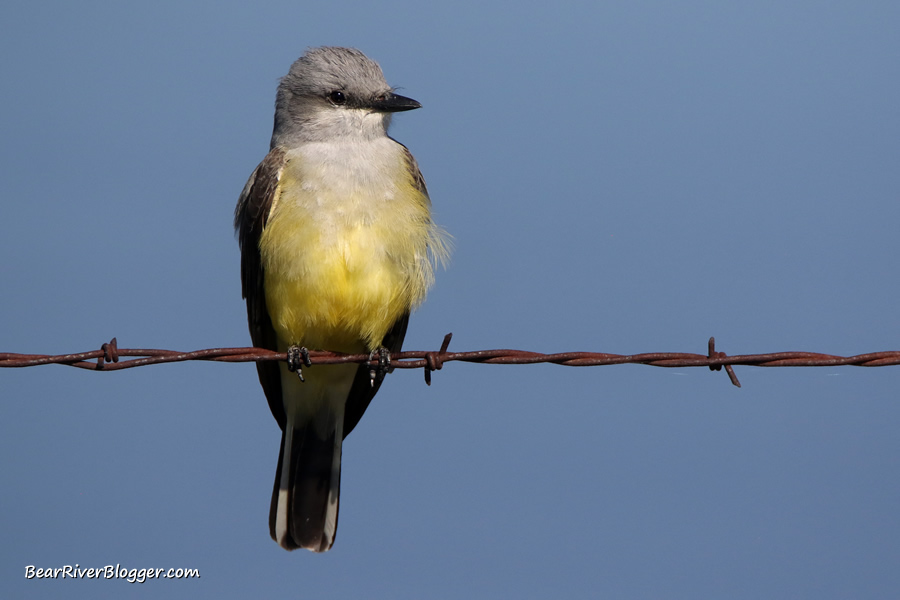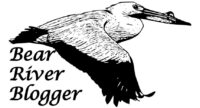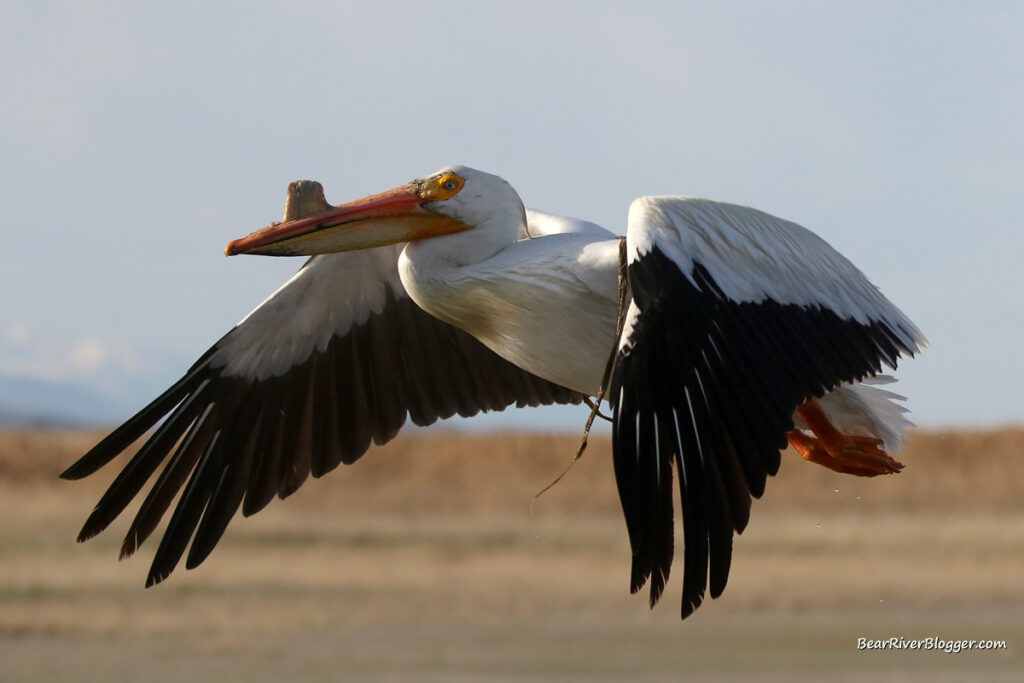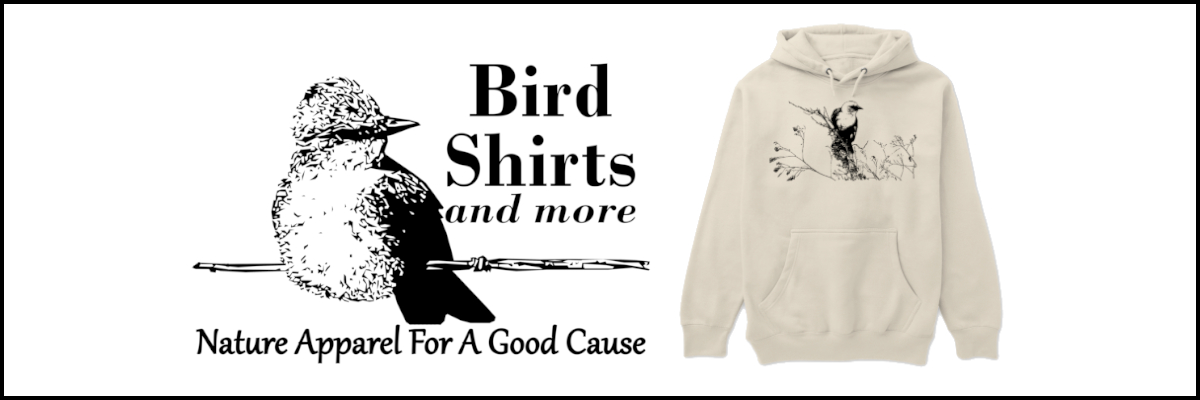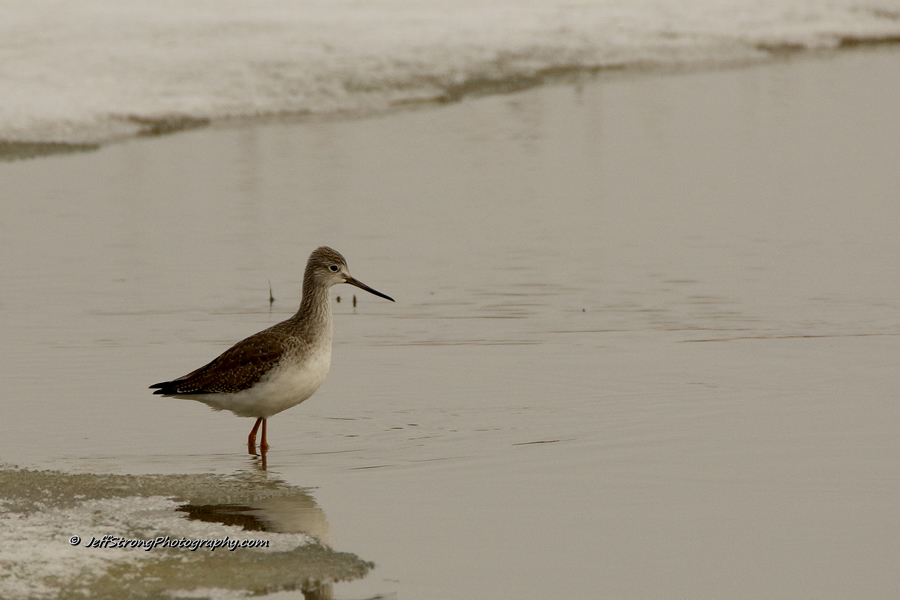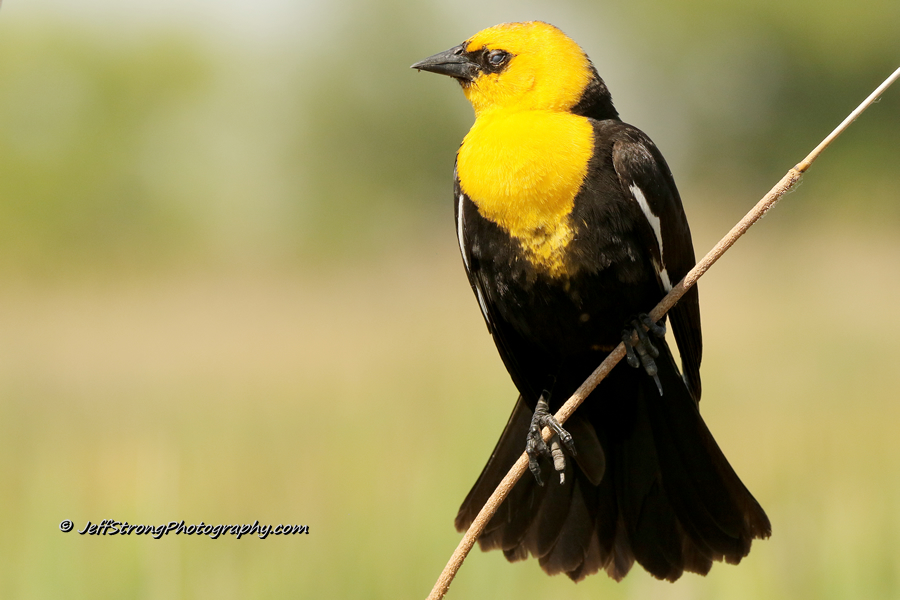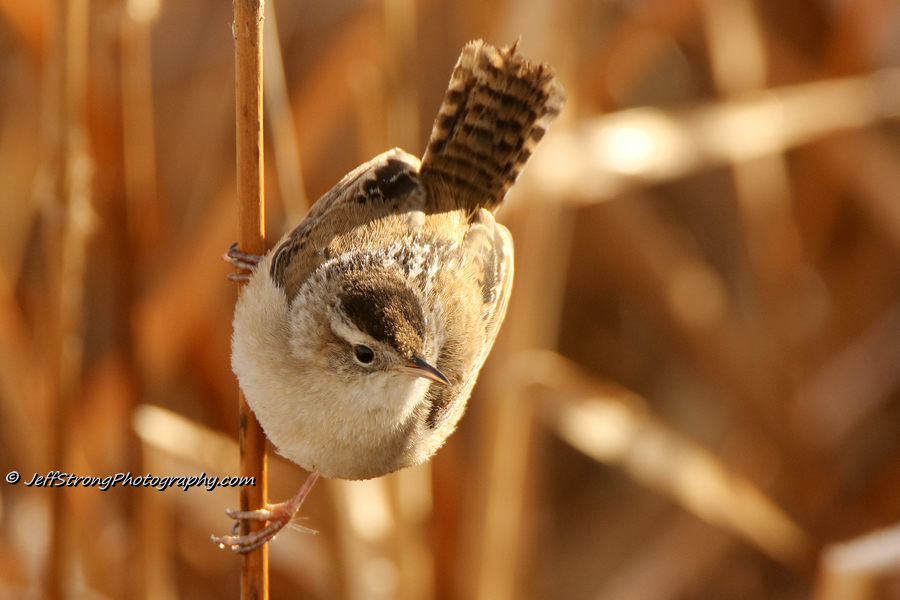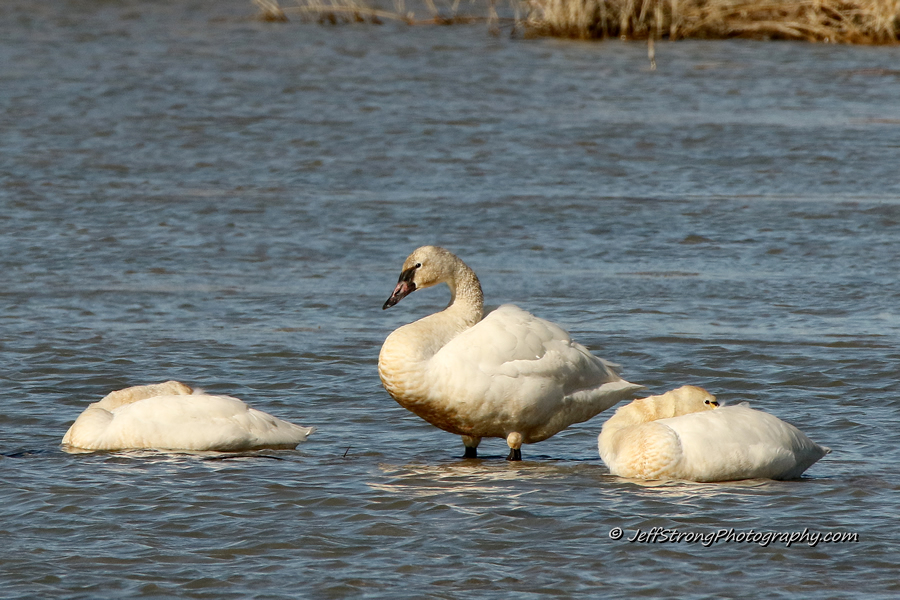The current flooding of the Bear River is certainly leaving its mark on the local communities here in Box Elder County, Utah.
Many farms and pastures that line the overflowing river are inoperable from the excess water that has breached its banks and is casually making its way to the Great Salt Lake in this less-than-desired fashion.
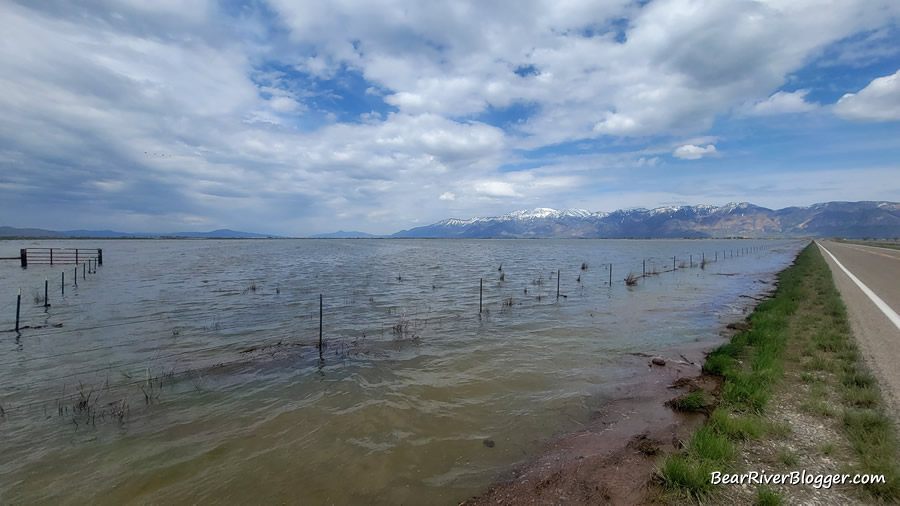
And if you drive down Forest Street Towards the Bear River Migratory Bird Refuge auto tour route you’ll see much of the mudflats and grasslands that line both sides of the road are also being inundated with the relentless floodwaters from the swelled Bear River.
But from a birdwatching standpoint, there is a silver lining to the current flooding that has come from the record-setting moisture Utah received this past winter, the birds are putting on quite a show on the upper part of Forest Street as you head down to the refuge auto tour route.
A couple of days ago, I spent the morning birdwatching and photographing along Forest Street, largely due to the fact the swollen river has made reaching the Bear River Migratory Bird Refuge auto tour route nearly impossible for low-clearance cars like mine as the first flood management area on the roadway was too deep for my car to safely travel through.
Higher clearance cars and pickup trucks were traveling through the flooded area but those of us with very low clearance vehicles had to make the unfortunate decision to turn around at that point.
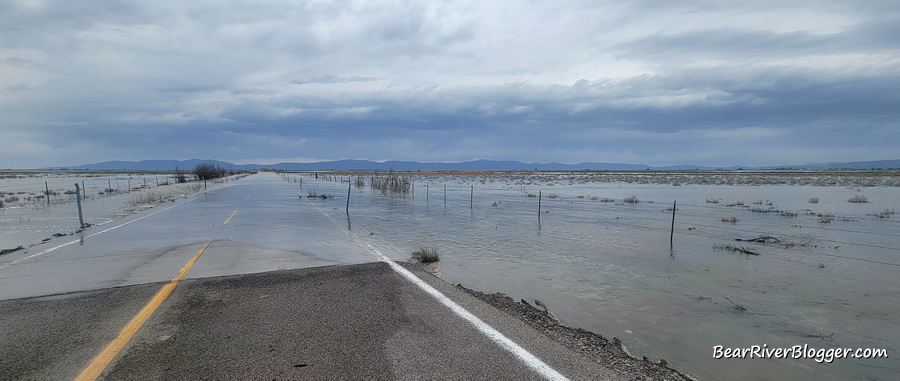
Last week, the Bear River was not nearly as high and I did travel through the flooded area to reach the auto loop.
But at that time, however, the deepest part was only a couple inches or so.
And now the river has risen more since then, causing the water to rise to almost a foot in depth, maybe even a bit more, as it flows over the road to the south.
Truthfully, I’m actually glad I had to turn around and make do with what lay before me.
By doing so, it forced me to concentrate my birding efforts on this section of the refuge I don’t always pay close enough attention to.
From having to try and salvage my birdwatching trip by focusing solely on this small part of the refuge, I found out the section of Forest Street before the first flood management area is actually quite good for observing and photographing birds right now because of all the flood waters attracting numerous water-birds that normally aren’t found there during dry years.
Much of the private and federally owned lands along Forest Street are now flooded and all this excess water is starting to attract birds like never before to this previously parched landscape.
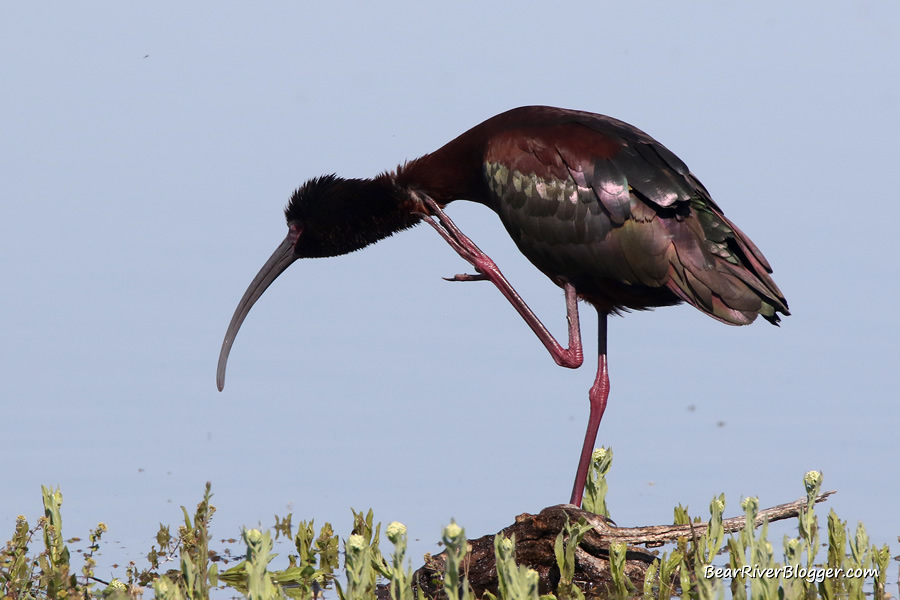
Just this morning, in fact, I took a quick drive down Forest Street and found white-faced ibis, American white pelicans, American avocets, black-necked stilts, western kingbirds, a variety of terns and gulls, killdeer, ducks, geese, and many other birds that certainly made a great birdwatching trip out of what could have been a huge discouragement if I let it be so.
In fact, all of the bird images for this particular post, including the short gallery posted below at the end of this article, were taken two days ago on this small section of Forest Street I was confined to.
They hopefully show anyone not able to make it to the Bear River Migratory Bird Refuge auto tour route due to the flood waters that there are still plenty of birds to watch and enjoy on this section of the bird refuge.
If you are able to safely travel through the flooded area on Forest Street, I know from what I saw last week and what other birders and photographers are reporting the birdwatching on the auto tour route is also doing quite well.
(Birdwatching On The Flooded Parts Of The Bear River Migratory Bird Refuge. For short nature clips like this one and interesting stories about the natural world around us, check out our Bear River Blogger channel on YouTube for videos and updates from our travels while out in nature.)
The Bear River Migratory Bird Refuge seems to be handling all the water flowing down the river pretty well for the most part as each of the three canals that cross Forest Street is pulling as much water from the Bear River itself as they can handle and distributing it over the entire refuge, helping to mitigate any potential flooding problems on the auto loop, at least for now that is.
Hopefully, the river won’t rise any further, and access to the Bear River Migratory Bird Refuge auto tour route and lower areas along Forest Street won’t be totally cut off to you and me.
About six years ago or so, a similar situation with a flooding Bear River occurred where Box Elder County made the unfortunate but necessary decision to close Forest Street down to public access due to safety concerns.
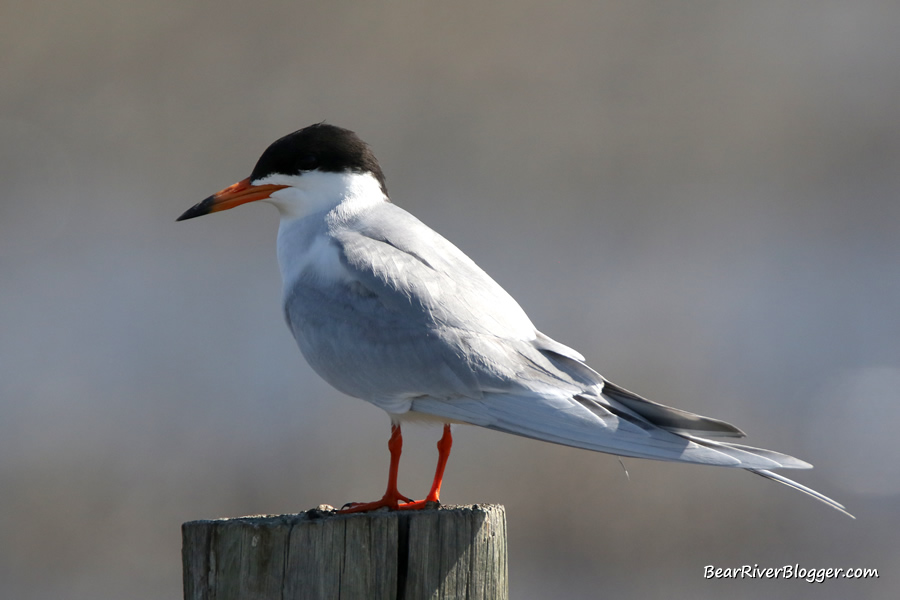
I personally haven’t heard of any such talk about closing Forest Street down like in the past but I will recommend anyone coming to the bird refuge to contact the Bear River Migratory Bird Refuge visitors center or Box Elder County to make sure the road is still publicly accessible.
And I will also recommend carefully access the situation if you decide to travel through the flood management area on Forest Street that is currently flooded.
Until the water recede a bit, I won’t be driving through the flood waters covering Forest Street in my low-clearance car.
I’ll just stay on the previous section of the road and enjoy what birds the flood waters are bringing there for the time being.
If you are like me, an avid birdwatcher that loves to visit the Bear River Migratory Bird Refuge, or maybe someone that hasn’t had the opportunity yet, I offer you to visit our subscribe page and sign up for email notifications for future blog posts about our birding and photography excursions on the bird refuge and elsewhere.
We also appreciate and thank all of our readers and followers who help keep this website growing by sharing posts on their favorite social media platforms.
